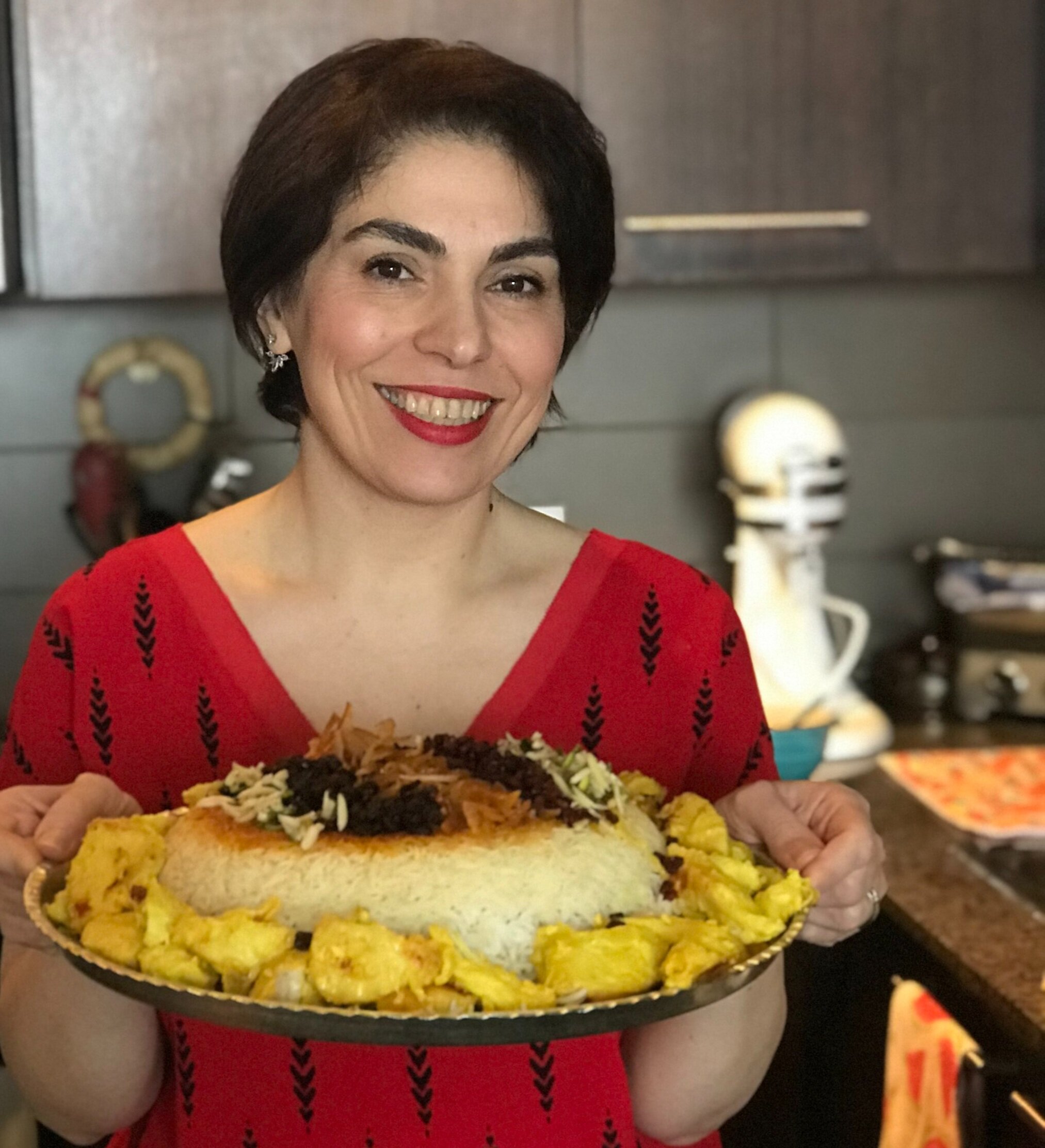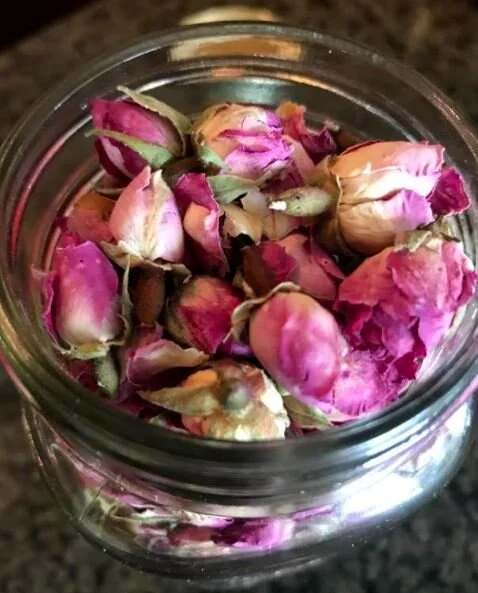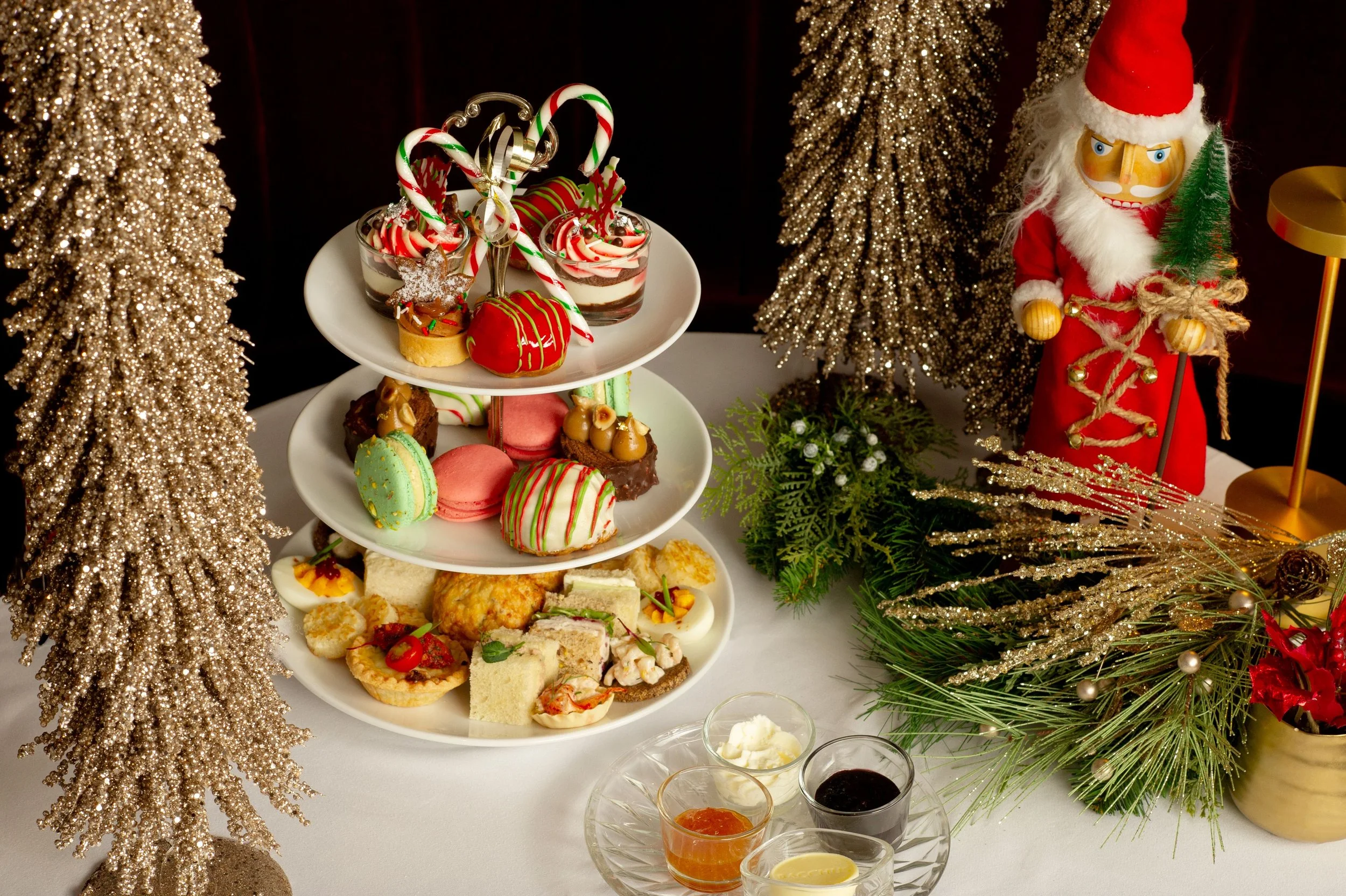To celebrate Nowruz, Rasht-born Vancouver chef teaches people how to make a Persian New Year menu
Leila Nabizadeh joins In My Kitchen for a virtual culinary and cultural experience
Vancouver chef Leila Nabizadeh comes from the Iranian city of Rasht, a UNESCO Creative City of Gastronomy.
In My Kitchen presents Leila Nabizadeh: Persian New Year Menu on March 18 from 6 to 7:30 pm PST via Zoom.
WITH SPRING JUST just around the corner, so too is Nowruz. Also known as Iranian or Persian New Year, Nowruz means “new day”, and it will ring in at 2:37 am on March 20. Recognized by some 300 million people around the globe, the celebration of nature and renewal lasts 13 days. It’s an official United Nations General Assembly observance because it promotes peace and solidarity, reconciliation and neighbourliness.
For Leila Nabizadeh, a Vancouver-based chef who was born and raised in Rasht, the capital of Gīlān province in north-central Iran near the Caspian Sea, Nowruz is not only the most important cultural event of the year but also her most cherished. Among the traditions is the preparation of sofreh-ye haft sin, a table of seven objects, each starting with the letter S, that symbolize purity, abundance, and fertility; think water, eggs, candles, and dishes of green sprouts, called sabzeh). There’s spring cleaning. And there is feasting.
“Nowruz is my all-time favourite holiday,” Nabizadeh tells Stir. “It’s filled with great memories. Even though growing up the war was going on and the country wasn’t in a great condition, Nowruz traditions were never forgotten.
“I love it because there is no religion involved,” she says. “It’s all about the beauty of nature, as simple and beautiful as it can be.”
Nabizadeh and her husband, who have two children, moved to Canada in 2006, first living in Montreal. They came to Vancouver in 2010 and fell in love with the city. Five years later, Rasht became part of the UNESCO Creative Cities Network, as a Creative City of Gastronomy. That proved to be a turning point for Nabizadeh.
“When I heard that Rasht was part of UNESCO’s creative food cities, I decided to play my role— even very small—to introduce our amazing cuisine to my amazing Canadian friends,” Nabizadeh says. “So I started a very small catering business focused on Rashti food.”
She wanted to share the aromas and flavours of ingredients like cardamom, rose water, saffron, turmeric, and dried rose petals. More than that, Nabizadeh wanted to broaden people’s understanding of her culture through its cuisine.
Via her company, Safferon Catering, Nabizadeh met Paula Mohammed, founder of In My Kitchen. The Vancouver company provides culinary experiences delivered by passionate home cooks, with the goal of sharing culture.
Leila Nabizadeh will teach people how to make tahdig.
Nabizadeh will do just that on March 18, when she prepares a Persian New Year menu during an In My Kitchen cooking and cultural event taking place via Zoom.
The meal features sabzi polo ba mahi, a dish of herbed rice with fish; barbecued-eggplant dip; and nokhodchi, chickpea-flour-and-cardamom cookies. “The cookies are a must for Nowruz,” Nabizadeh says. “They are tiny, soft, and delicious, perfect to pair with the Persian tea.”
Dried rose petals are a common ingredient in Persian cuisine.
Nabizadeh will also teach people how to make tahdig. The dish’s name translates as “bottom of the pot”, referring to the crispy, golden crust that forms at the bottom of a pot of rice. It’s a simple but dramatic side that involves flipping the pot over to release the rice; as Nabizadeh puts it, it also requires lots of oil and patience.
Nabizadeh is especially well-suited to show people how to make this beloved dish. The main product of Gīlān is rice, the province surrounded by beautiful fields. Her grandfather moved from Tabriz to Rasht to start a rice-exporting business, which her father later took over. She grew up learning all about different types of rice and the best ways to cook it. Today, it’s her specialty.
What appeals to Nabizadeh about In My Kitchen events (she does others, besides this upcoming session) is the opportunity to talk with participants, not just about the food. It’s an opportunity to share traditions and memories.
“This class is a chance to talk about the beauty of the Persian New Year and the meaning behind that,” she says. “This is what I was looking for: to show my real culture to the world.”
Bedemjan shekam por, or stuffed eggplant with walnut and pomegranate molasses, is a dish Leila Nabizadeh has made at In My Kitchen events.
















